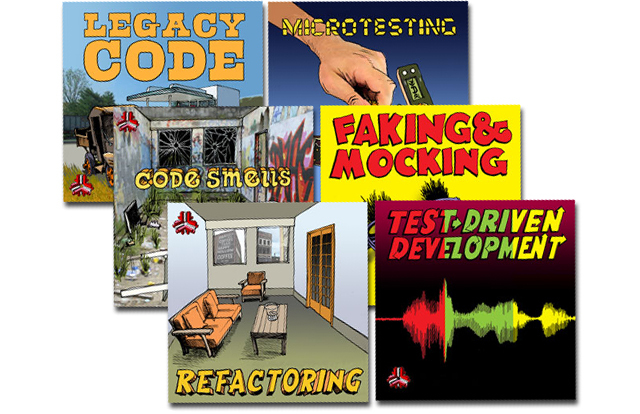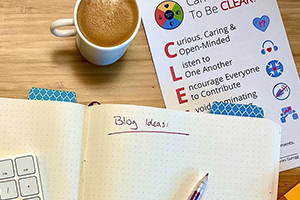Many years ago, a friend of mine asked me to quit my job as an engineering manager and start working with her at a place that she described as “a highly dysfunctional company that has a major lack of psychological safety.”
Lucky for both of us, I was growing exhausted playing political hopscotch where I was, where my only job was to make sure my developers were punching out as much code as possible to deliver, deliver, deliver. Although I was brought in to be the manager to “help other managers lead their people and focus on developing them,” suddenly, it was all about release trains and chasing milestones rather than retention numbers.
So, I leaped into what I knew would be a mess, but where I was actually being invited to try to help.
Or so I thought.
This was probably the first gig I ever had where I discovered just how many people completely misunderstood what psychological safety actually meant and how you can achieve it.
Throughout the organization, there was this misconception that psychological safety meant complacency and a feeling of being “safe” - but a safety that led to apathy and a lack of wanting to try.
Additionally, there were senior leaders in the organization who thought that psychological safety was a way for people to NOT take accountability because some abused the term.
And herein lies the danger of a buzzword.
I witnessed working agreements being broken, and when I saw people called in respectfully, they would suddenly declare they weren’t psychologically safe.
When there were deadlines, people said they weren’t safe.
And so, those who saw people not taking accountability assumed it was because of psychological safety.
Quite the opposite.
In Amy Edmondson’s words, psychological safety is a shared belief held by members of a team that it’s OK to take risks, to express their ideas and concerns, to speak up with questions, and to admit mistakes — all without fear of negative consequences.
Psychological safety is NOT about feeling comfortable.
It’s not about getting permission to not question your choices - in fact, it means we ALL agree to question our choices.
It’s actually about no longer feeling afraid to say things and being okay with being challenged.
It’s about being respectful of one another and understanding that if you’re being challenged, it’s coming from a good place.
So if you think psychological safety is just a cop out or an excuse to not take accountability, you’re actually witnessing abuse of the term.
Or, if you think someone raising a REAL issue, that took bravery to share, is a cop out - ask yourself how open you are to hearing it




